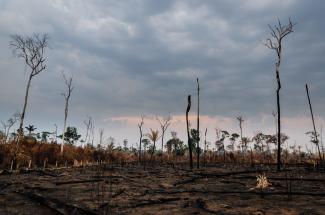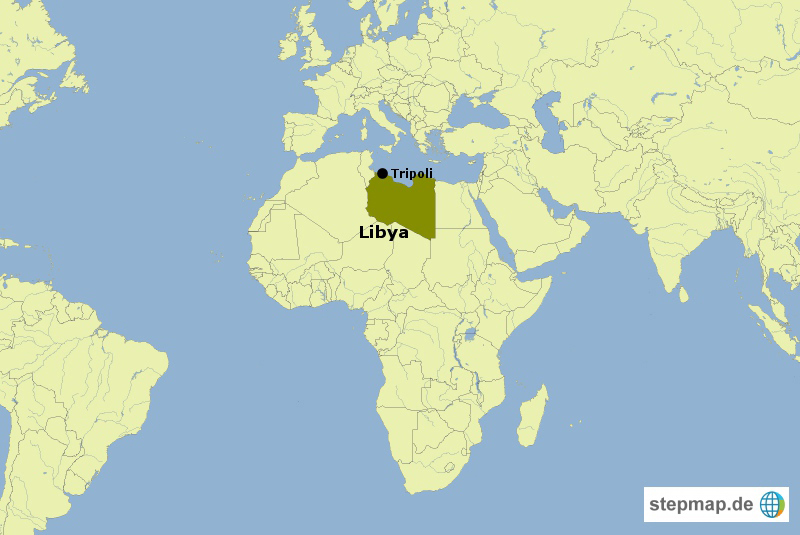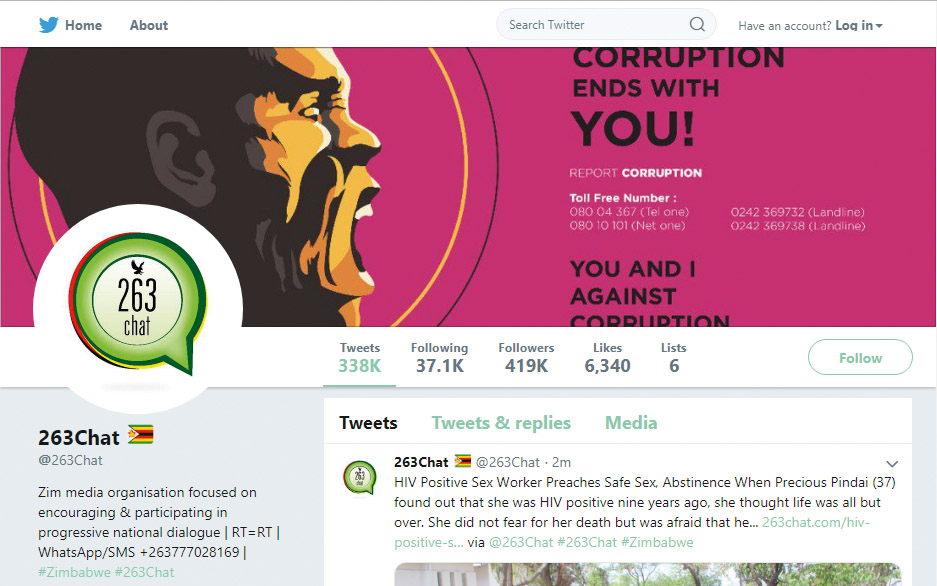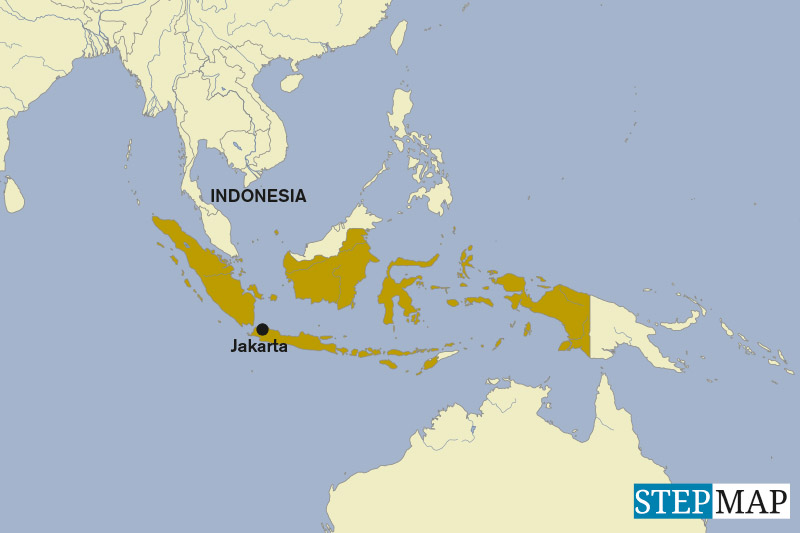Independent media
Why brown envelopes are harmful

Some governments are currently undermining democracy, says Gilberto Scofield Jr. of the fact-checking newswire Agencia Lupa, which is based in Rio de Janeiro. Apart from Bazil, his own country, he mentions the USA, Venezuela, Turkey and Hungary. He worries about an “eco-system of misinformation”, with “extreme polarisation” and people’s “poor media literacy” compounding problems.
Amazonian forest fires are an example of how propaganda can distort the truth. Scofield finds it appalling that President Jair Bolsonaro has called for a new agency to create databases on the state of forests simply because he does not like the findings provided by existing government agencies. In the past, Brazil’s official forest assessments were considered trustworthy internationally, but the Bolsonaro administration rejects science and denies the climate crisis.
In such a setting, Scofield argues, news organisations must not simply strive for balanced reporting, which gives space to both sides in a debate. Instead, quality media must embark on a quest for truth. Fact checkers’ job, according to him, is “to make things clear”. He uses a metaphor: “If someone says it’s raining and another person says it’s dry, it’s not your job to quote them both. Your job, as a journalist and as a fact-checker, is to look out the damn window and find out which is true.”
Scofield warns that too many Brazilian media organisations have not paid attention to the truth properly in the past, dedicating themselves just to quote two sides of stories, which is why trust in them is eroding. With the emergence of social networks and the amount of information shared by them, people started to realise mainstream media typically support one side and only pretend to be impartial. One way they conceal their bias is to include a short paragraph or two with divergings views in a long article.
Media independence has always been a sensitive issue, particularly in poor countries. An essential criterion is whether they do proper research, turning not only to more than one source, but actually picking the most relevant ones. Obviously, cash-strapped radio stations and newspapers will always struggle to provide high-quality journalism.
In sub-Saharan regions, for example, “brown envelopes” are common, as Sulemana Braimah of the non-governmental Media Foundation for West Africa reports. The term means that institutions or businesses that want to be covered pay journalists for attending their events. The point is that the authors are not paid by the media outlets they work for. Such content can clearly not be impartial.
Another typical challenge, according to Braimah, is that government advertising contributes about 70 % to media houses’ revenues. Accordingly, criticising the government may lead to an advertising squeeze. “That is a big issue,” says Braimah. At the same time, he says news organisations must do a better job of serving their audiences and reporting what people want to know rather than what powerful interest groups want to see covered.
The role of the so-called 4th estate has always been a matter of controversy. Complaints about media bias are nothing new. In advanced nations, however, professional standards used to serve as a safeguard to some extent. They developed as the result of intense competition of commercial media and public broadcasters such as the BBC in Britain. Many people understood that media that did not apply those standards, such as tabloid newspapers, were less trustworthy.
In recent years, however, the digital revolution has begun to shatter seemingly well-established conventions and institutions. That is so even in prosperous world regions. In many places today, there is only one local newspaper – or even none. News is available free of charge on the internet. At the same time, fake news is spreading fast on social media. The less the public understands how the media work and what distinguishes quality journalism from mere propaganda, the easier it is for interest groups to manipulate public opinion. The poorer a country is, the worse things tend to be.
According to Carsten von Nahmen, the head of Deutsche Welle Akademie, digitalisation has changed the media for good. The downsides include the spread of misinformation and the destruction of business models. On the upside, he says, more people have access to more sources of information than ever before, and more voices have the chance to be heard.
The good news is that new online business models are evolving (see box). Some of the most interesting examples are in emerging markets and developing countries. Even in very challenging settings, some websites manage to build brands with reliable reporting and find support from growing communities.
Link
Agencia Lupa:
https://piaui.folha.uol.com.br/lupa/













